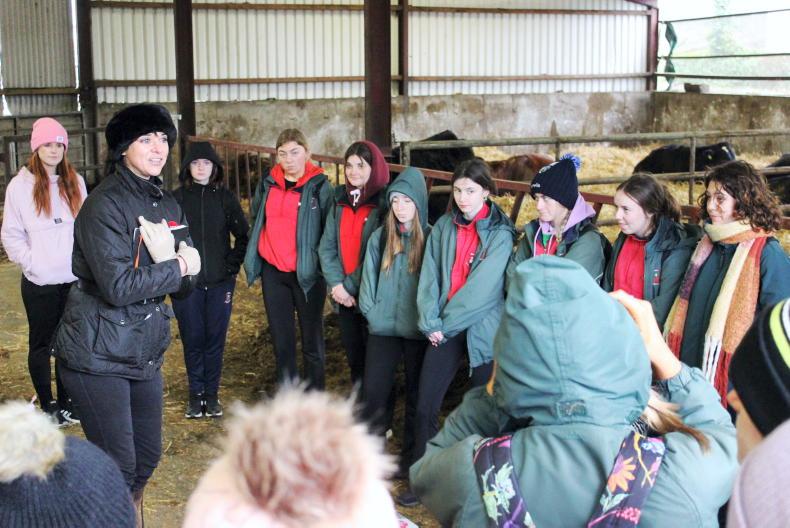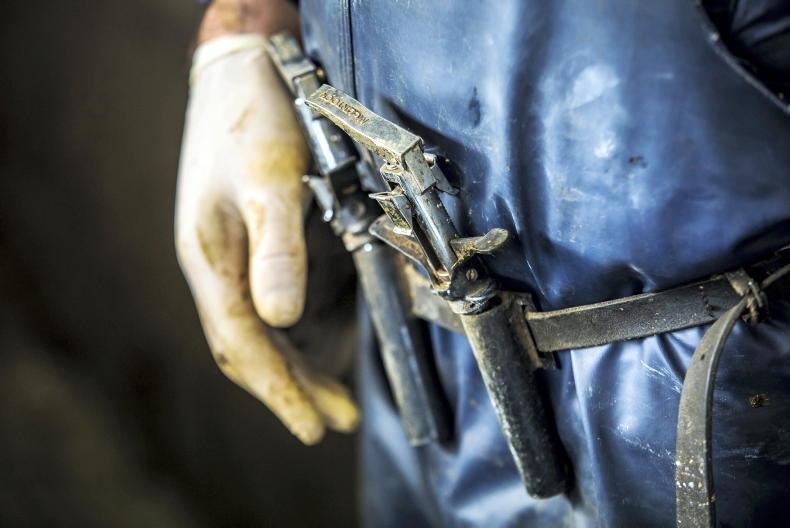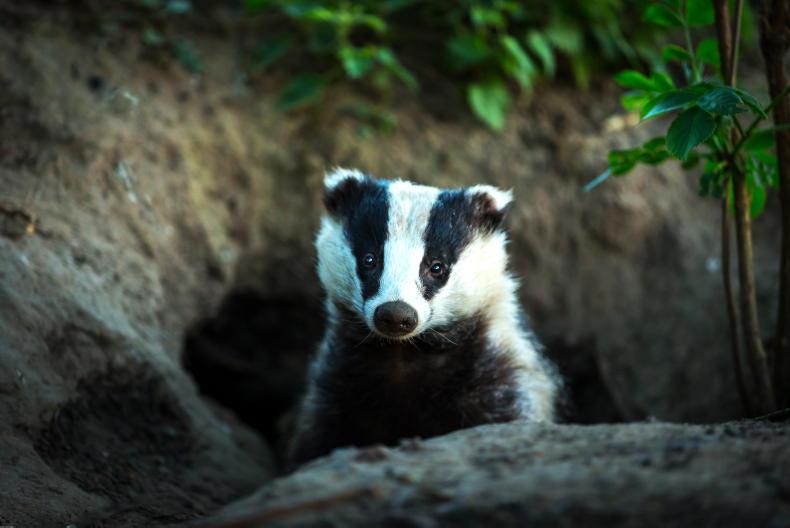The Government can’t keep going around in circles in terms of eradicating TB, and more effort and money needs to go into getting rid of sick wildlife, Alan Jagoe from Nohoval, Carrigaline, Co Cork, has told the Irish Farmers Journal.
Last Thursday, the Cork dairy farmer saw another load of TB reactors leave his farm, three years on from when his first breakdown occurred.
Jagoe described losing 15% (47 cows) of his 300-cow herd to TB as “frustrating, annoying and depressing” all at the one time.
When he first went down with TB, he was milking 50 fewer cows, and at that time, 20% of them had to go.
“There’s a lot of money being put into taking our cows off our farm. There’s a lot of money going into paying compensation, and the same money should be put into getting rid of wildlife that are sick,” Jagoe argued.
Huge concern
Local farmers who have herd tests coming up have approached Jagoe, expressing huge concern that they might be in the same boat.
“I have been contacted by farmers all over the country in the last week – some are only getting TB outbreaks for the first time and some are continuously in a cycle [of TB].
“I’ve met farmers at the school gate, I’ve met farmers in the co-op, in the shop, and they’re all worried about the next herd test.
“Three years ago, there was 14 or 15 of us who went down. There’s a number of herd tests in the next two weeks around here, and we’re just wondering, ‘will there be another big onslaught again or is my case an isolated case?’ – but I don’t think it is,” he said.
Losing more than 10% is a big loss, Jagoe argued, particularly, he stressed, when it’s good genetics that are being lost.
“Losing over 10% of your herd is a huge loss, and in my case, it’s 15%. We can’t keep doing it. There was some great stock that went,” he said.
Pressure on accommodation
The very earliest Jagoe will be able to shift calves from his farm will be at the end of March, which he said will cause added pressure on accommodation as well as added workload.
“We’re like most dairy farmers: we keep our heifers and we keep the beef calves for three to four weeks. You’ll have accommodation for that many, but after that, you’ll get tight,” he said.
Jagoe’s next test is due mid-January. He will need two clear tests before any movements can take place on his farm.








SHARING OPTIONS